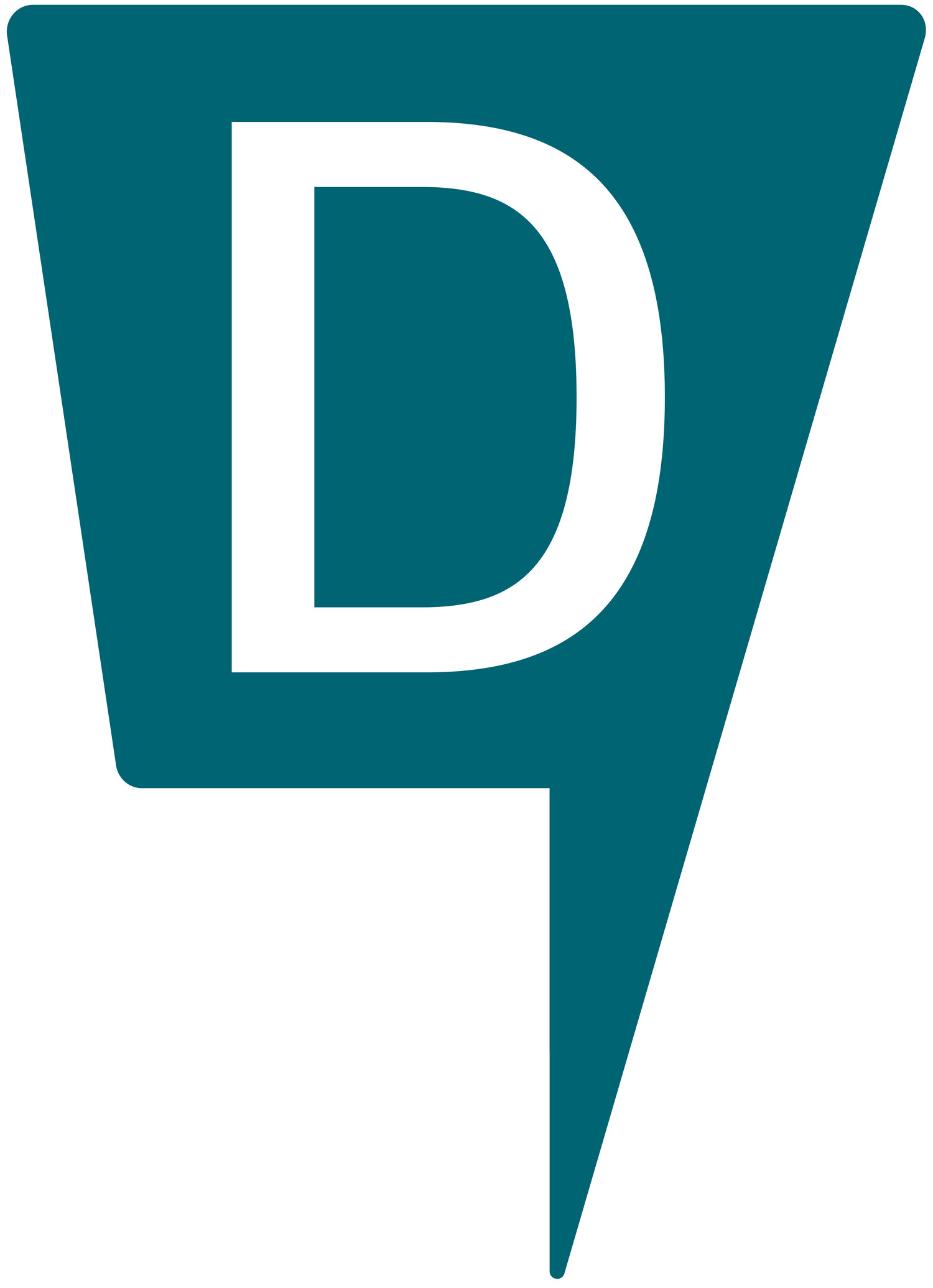
Student Voice
At The Downtown School, student voice is at the center of learning and school community. From student-centered activities in class, to student clubs, to student government, students take an active role in their life at school.
During their four years at The Downtown School, students hone their ability to understand their goals, their strengths, and their challenges; and they refine their ability to articulate how their journey might unfold. Working in tandem with their teachers and classmates, students discover their own voices, which they use to shape their own learning, their identity, and their relationship to their community.
Associate Student Body (ASB)
Comprised of student-elected officials in roles ranging from Assembly Coordinator to Diversity, Equity, and Inclusion Liaison, the members of the ASB meet each week to plan community-building and class-building activities from student dances, advisory games and competitions, grade-level get-togethers, movie nights, and end-of-year field day celebrations. Working in close partnership with faculty advisors, the ASB also serves as a liaison between the student body and the teaching team.
The clubs at The Downtown School reflect the wide diversity of interests of our students. Each with its own faculty advisor, the student clubs are 100% student-led; students propose new clubs, manage meetings and activities, and brainstorm ways to include the wider community in their interests. In our short history, student clubs have led to the creation of a growing drama program, as well as an active orchestra. Current student clubs include the ACLU DTS Chapter; Art Club; Chess Club; Climate Change Club; Dungeons & Dragons; Drama Club; DTS Film Studios; Jazz Club; Model UN; Music Club; Sailing Club; School of Rock; Sunrise Movement DTS; The Downtown Post; and Yearbook.
Student Clubs
Student-Centered Learning
Guided by expert teachers, students are at the heart of their own learning. In practice, this means that classes are not structured around traditional, teacher-centered lectures. Instead, teachers present key concepts and then provide students with project-based tasks to accomplish that require collaboration, critical and creative thinking, effective communication, and a consistent rethinking of prior assumptions. Students engage in active inquiry, testing their ideas in small groups, before reporting back to the class or teacher. In this way, students learn the skills to nagivate problem-solving in a collaborative environment—a truly 21st-century skill.




